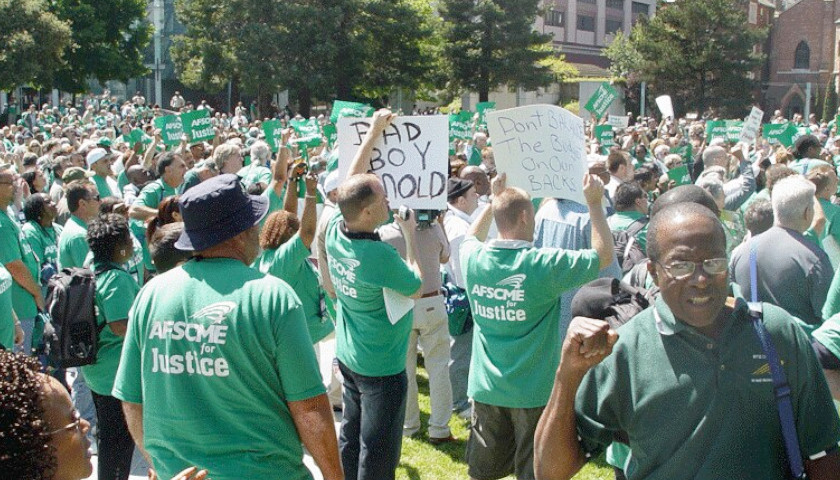by Christen Smith
The Commonwealth Court recently heard arguments in a case regarding a state worker and the public sector union she says discriminated against her during an employer dispute.
The lawsuit, filed in May 2021 by the Fairness Center, alleges Council 13 of the American Federation of State, County and Municipal Employees, or AFSCME, violated its duty of fair representation when it negotiated an unfavorable settlement without the consent of the worker it involved, Penny Gustafson.
“She wants to be treated fairly,” said Logan Hetherington, an attorney for the Fairness Center during a Dec. 6 en banc hearing. “That was thrown out the window when the union said they aren’t doing that because she’s a freeloader.”
Gustafson, a residential aide at the Department of Human Services’ Ebensburg Center, alleged that AFSCME sidelined her after she asked for their help to reclaim pay lost during a three-week period in October 2019.
According to legal documents, Gustafson was placed on temporary limited duty amid a workplace investigation that never occurred and ended with her full reinstatement without disciplinary action. During that time, however, she couldn’t work overtime – as she often did – and lost wages.
When Gustafson asked for help from AFSCME, she said the union offered few updates over the following eight months and eventually settled the grievance in June 2020 without her consent and without any extra pay.
All because, she said, she wasn’t a union member. This, despite state law that compels the union to intervene in employer disputes on her behalf.
“There must be something to address what the actual wrong that was done here,” Hetherington told the court. “We’re not talking about the grievance process at all. By being the gatekeeper, she couldn’t even get into that process.”
Amy Rosenberger, an attorney representing AFSCME, said decades of case law makes clear the matter should be settled through arbitration, not the judicial system. A trial court ruling, too, agreed that Gustafson couldn’t seek damages because she failed to prove union officials engaged in conspiracy or collusion.
“I’m certain that if my clients were ordered to go back to arbitration … and ultimately Ms. Gustafson was able to prove her duty of representation claim, it would be aware that Ms. Gustafson and her attorneys would be watching.”
Hetherington argued that ruling against Gustafson using existing precedents makes the grievance process ripe for discriminatory practices without consequence.
The court has not yet made a decision in the case.
– – –
Christen is Pennsylvania editor for The Center Square newswire service and co-host of Pennsylvania in Focus, a weekly podcast on America’s Talking Network. Find her work in The Pittsburgh Post-Gazette, Broad + Liberty, RealClear, the Washington Examiner and elsewhere.
Photo “Union Members” by AFSCME Council 28 (WFSE). CC BY-NC 2.0.








